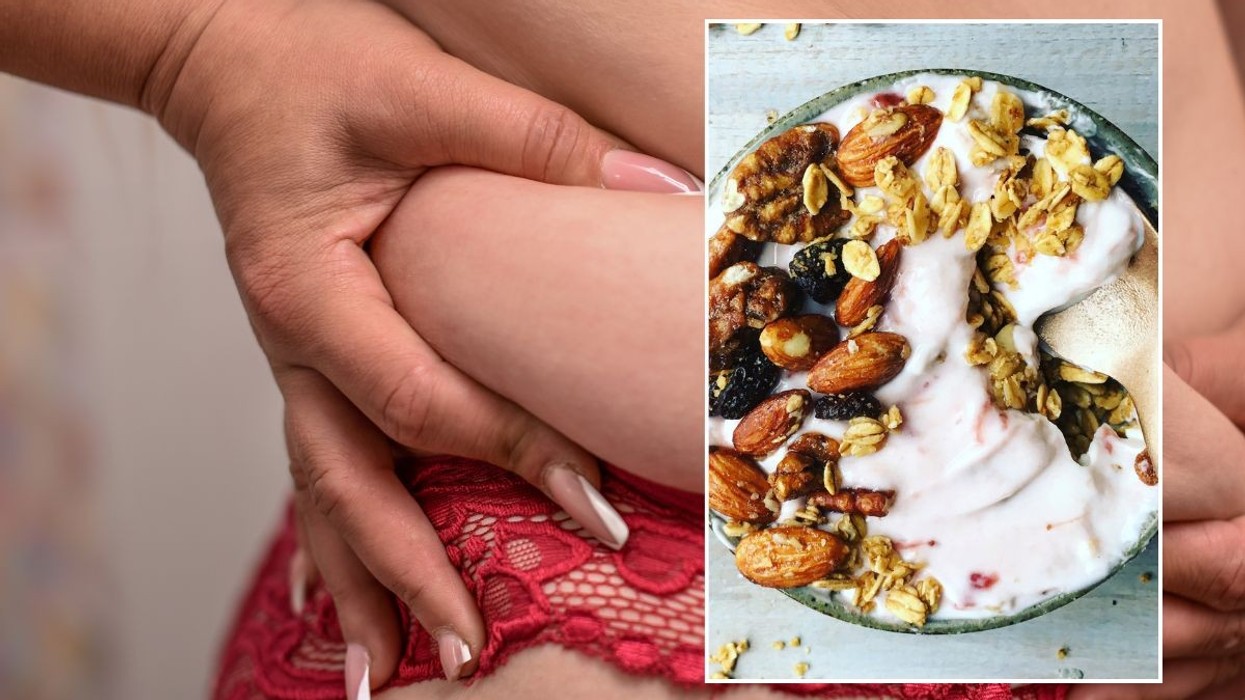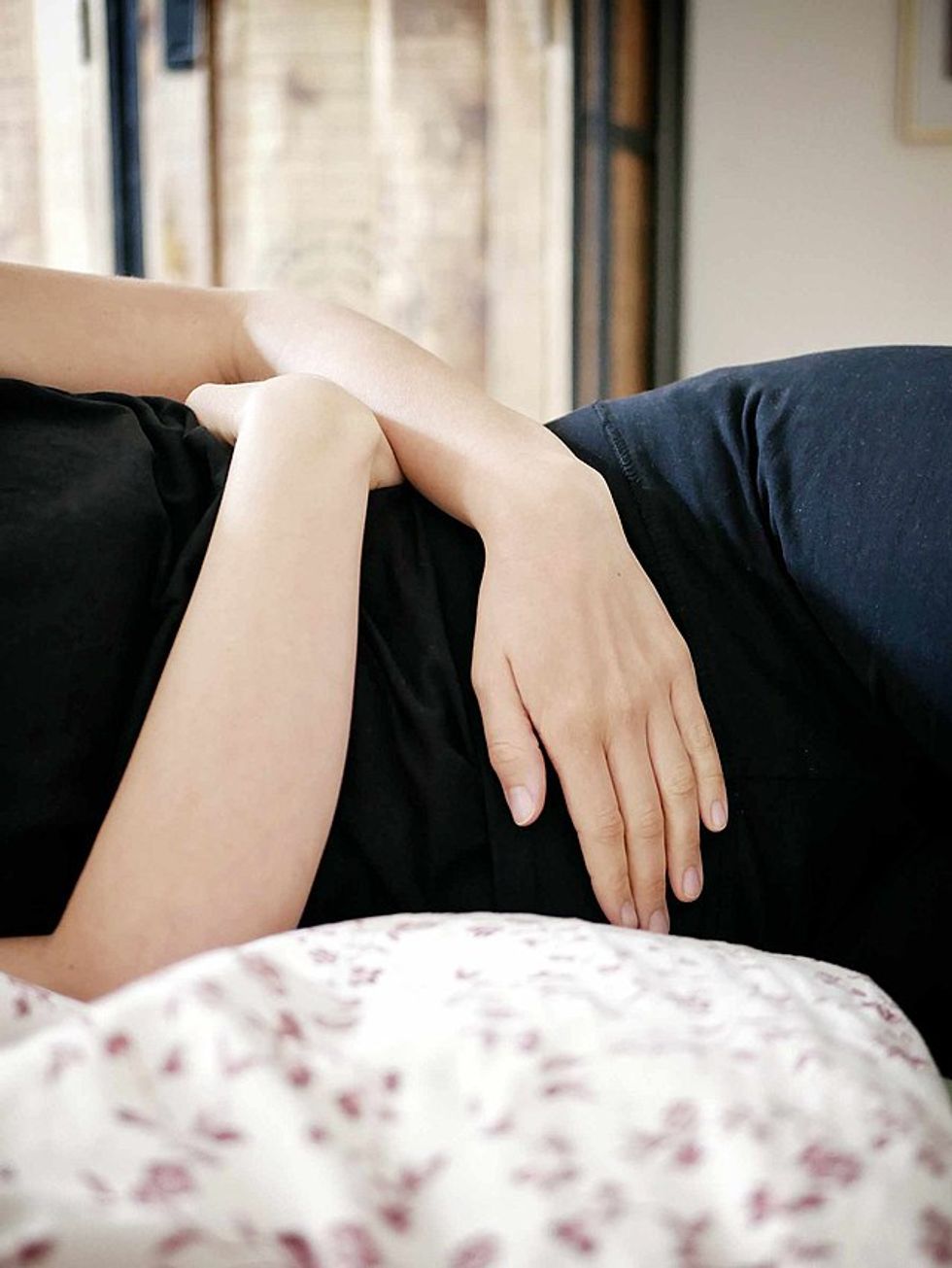Don't Miss
Most Read
Trending on GB News
The NHS has been slammed for not including “women” and “girls” on a website which provides guidance about periods.
The website called “Bloody Brilliant”, was set up last year by NHS Wales and the Welsh Government to offer menstruation support.
But instead of referring to women and girls on the website it instead calls those who have periods as “people who bleed”.
It also said that “half of the population” have periods.
The website has described people having periods as "young people who bleed"
Bloody Brilliant
On one of their pages on the website, it says: “We are Bloody Brilliant, a source of knowledge, support, information and empowerment for young people who bleed across Wales.
“Our aim is to break the taboo around periods by encouraging conversation on one of the most normal, natural topics that half the world’s population experience.”
The terminology has been slammed by nursing and midwifery expert Dr Karleen Gribble.
Dr Gribble said: “It seems like we have gone from menstruation being unmentionable, contributing to much distress and difficulty for many young girls around their period, to the fact that it is girls and women who have periods being unmentionable.
“Neither of these things are good.
The terms "women" and "girls" have been omitted from the website
WikiCommons
“It's entirely possible that this lack of clarity about just who it is who gets periods could be confusing for many young girls,” she told MailOnline.
While she added that transgender women should have a specific section on the website for them.
'I think that for young female people who are transgender and don't like to be referred to as girls or women that it would be entirely appropriate to have targeted communications.
“Some of them will also have specific medical needs as a result of taking puberty blockers or testosterone which they will need information on.”
Feminist author Milli Hill added: “It’s absolutely infuriating to me. I do understand the need for inclusivity but this is not inclusivity.
“It’s leaving out the very people they are supposed to have at the centre of their work – women and girls.”
NHS Wales Health Collaborative told the MailOnline that the website’s language is “consistent with similar materials, including Welsh Government publications, and following expert advice and consultation with young people in Wales."












